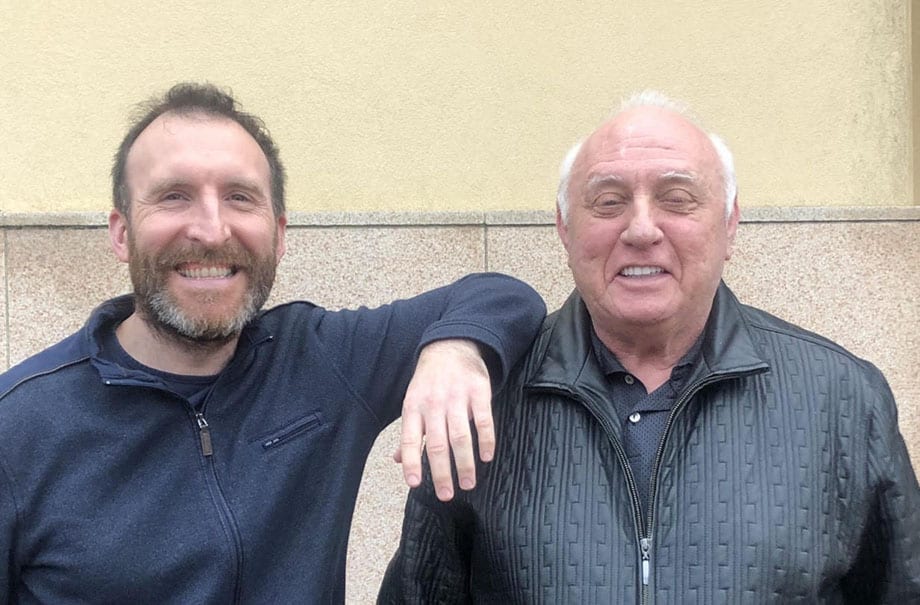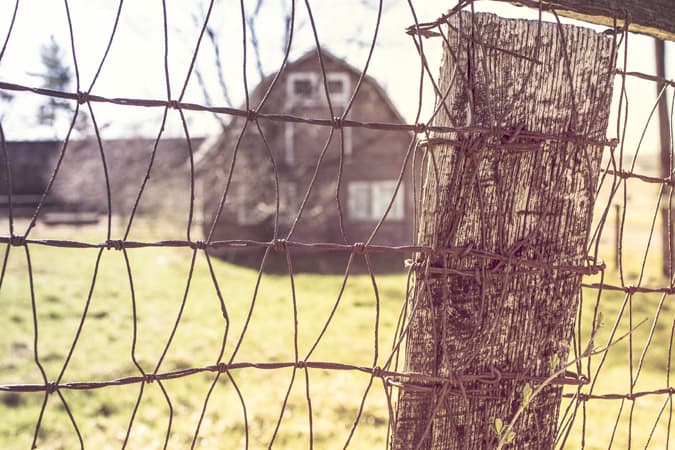When I was in school, my favourite subject was creative writing. I loved the idea of creating worlds, people and stories from my imagination. I never really got storytelling out of my system. In many ways the work that I do involves sharing stories from my experiences to help people in the business world and in their life to make the changes they want to make. I have also done fiction storytelling over the last couple of years in writing short films. Stories are a core part of who I am and perhaps one of the most important lessons I have ever learned has come from stories.
All stories involve a main character who wants something and conflict that stands in their way. Along their journey they find themselves struggling again and again with the source of this conflict as they strive for what they want. The bigger the conflict, the better the story. The moments of a story where the main character goes through changes in their circumstances are called turning points. Herein lies an extremely important insight into how to deal with life’s challenges.
Life, you see, is a story. It is also a collection of stories. You decide where each story begins and ends. We tell ourselves these narratives about ourselves. They explain who we are and what things mean to us. They predict how things will end up and they shed light on the impact of past experiences. Often, however, we construct these stories in a non-useful way. For example, when something bad happens, sometimes we can label ourselves as victims. We find how the world has screwed us over and our stories position us as helpless.
Other times, we position ourselves as the monster or bad person in the story. We have caused our own problems and are the architect of our own downfall. We seem to be addicted to such stories because we crave to make sense of our lives and stories provide us with a vehicle of doing just that. The trick, however, is to recognise that with every bad event that we experience in our life, we have the capacity to turn that into a turning point of our lives.
When someone goes through a hugely traumatic experience or reaches a peak amount of suffering, often they describe it as a turning point… when they decided to change everything. We seem to buy into the notion that things must be really bad for us to decide to change. But what if we could decide what was and what wasn’t a turning point? What if we could design our own turning points? What if we could choose that every bad experience we have is a turning point that helps us in some way?
A turning point is when things change for us. Some people are in a fixed mindset that indicates that they cannot change things. They rely on external events to make the difference. The truth, however, is that we have the capacity to change. We are not trapped or stuck. Even though sometimes it might feel like that we are and that we don’t have the energy to change, the reality is that we have an endless supply of second winds available. It all depends on how we choose to see things.
We can all choose to take charge of our own stories. You can decide to rewrite the narrative you have been telling yourself. You can take whatever challenges you are facing or struggles you are going through and see them as turning points for a brighter future. What if that problem was exactly what you needed to turn everything around? As with any story, there is no limit to turning points. Every challenge becomes simply another pivot upon which to shift into gear and reach back for success.
When I think about it now, maybe part of what I loved about stories when I was small was the control they gave me. As I created characters and worlds it gave me the idea that I could determine their destiny. Now, I have realised that like any story, many events will happen, conflict will occur and, as characters in our own life, we will suffer. But it is in knowing that things can always turn around that we can, at least give ourselves a chance to, believe that we can live happily ever after.





